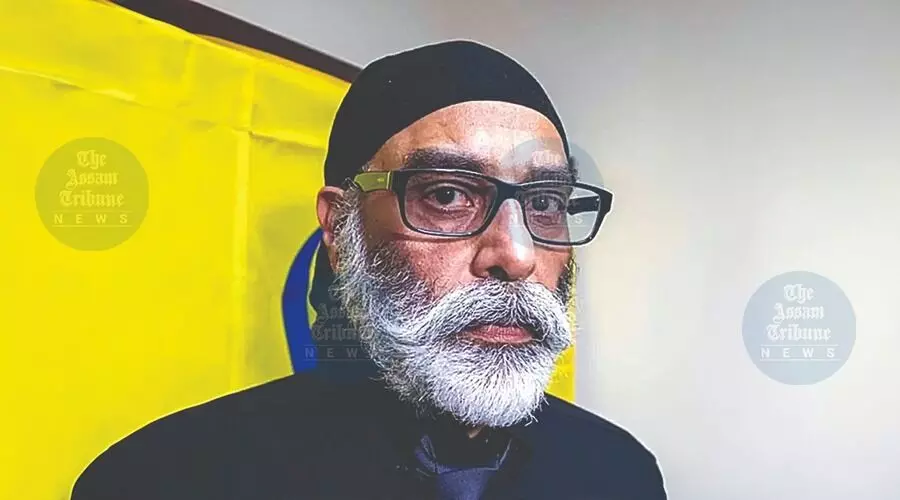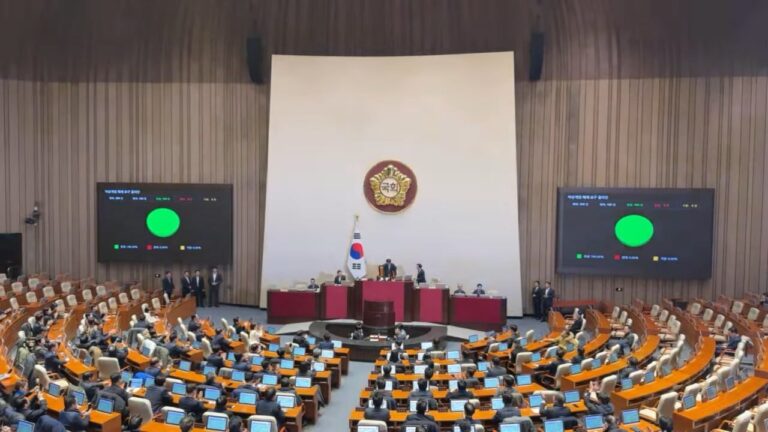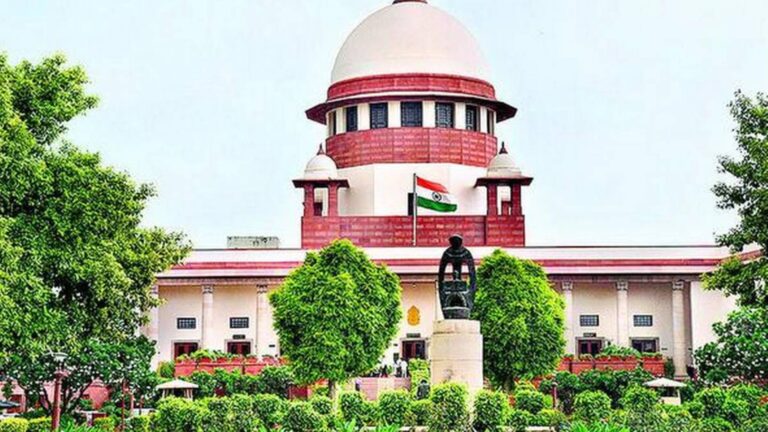
In a disturbing development, Gurpatwant Singh Pannun, a prominent Khalistani terrorist, has issued a new threat against India, specifically targeting the revered Ram Mandir in Ayodhya. The threat, which specifies attacks on November 16th and 17th, was reportedly recorded in Brampton, Canada. This follows a series of provocative statements by Pannun, including recent warnings to avoid Air India flights.
Pannun, who heads the banned group Sikhs for Justice (SFJ), has a history of inciting violence and promoting separatist agendas against India. His latest video has sparked urgent security preparations, with heightened surveillance and reinforced security measures in Ayodhya and at major Hindu temples nationwide. Indian authorities are taking this threat seriously, mobilizing intelligence agencies and coordinating security efforts to prevent any possible incidents.
International Complications: Canada’s Role and Response
Pannun’s base in Canada brings the matter into the realm of international relations, particularly as India has repeatedly raised concerns with Canadian authorities over the activities of Khalistani extremists operating from their soil. The Indian government has been clear about its expectation that Canada will address these groups’ activities to curb anti-India propaganda and violent threats. Pannun’s actions, as part of a broader trend, put pressure on both nations to strengthen anti-terrorism cooperation.
National Security Response and Preparedness
In response to this threat, Indian security forces have heightened vigilance, especially around the Ram Mandir, where thousands of devotees visit daily. Officials have implemented additional security protocols, including increased police presence, surveillance systems, and crowd control measures. For India, the protection of this sacred site is paramount, both as a matter of cultural heritage and as a statement against violent extremism.
The Broader Issue of Khalistani Extremism
Pannun’s threats reflect ongoing challenges with Khalistani terrorism, a movement that has, in recent years, sought to revive separatist ideologies through inflammatory rhetoric and international propaganda. His group, SFJ, has been banned in India, yet its activities abroad continue to incite concern. For India, countering such threats is crucial not only for maintaining security but also for protecting religious and cultural harmony.
This threat to the Ram Mandir is a reminder of the vigilance needed to counter extremism effectively, particularly when it operates from beyond national borders. The Indian government and citizens remain united in their resolve to protect the country’s integrity against such divisive agendas.






